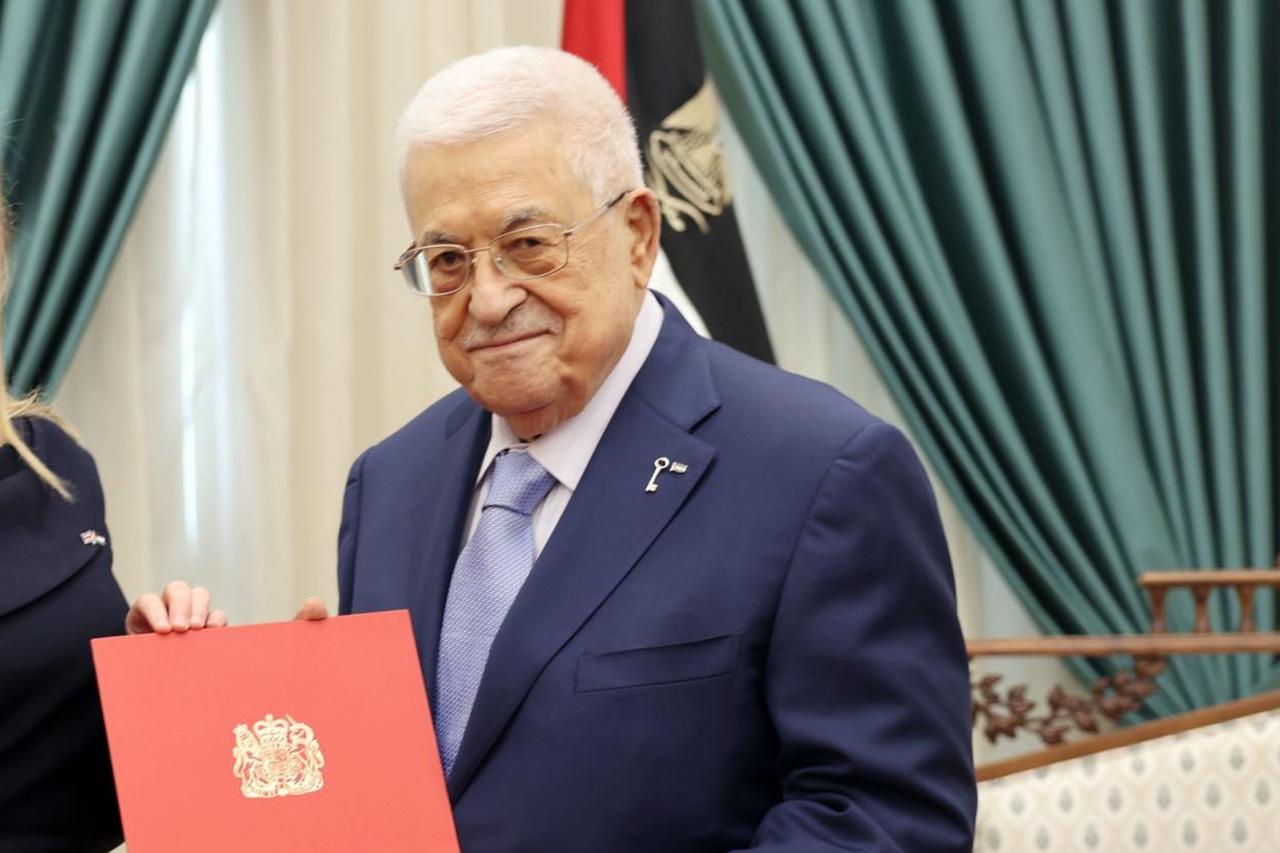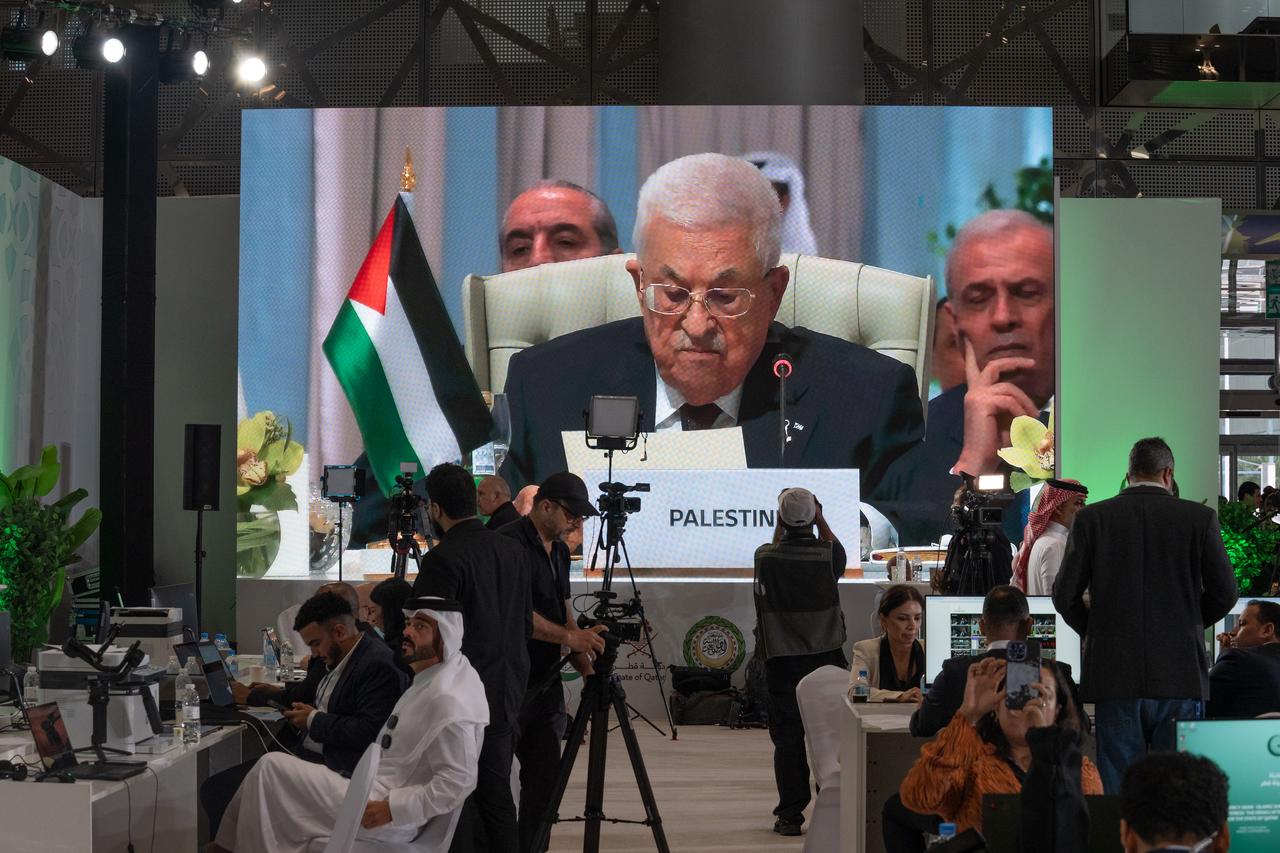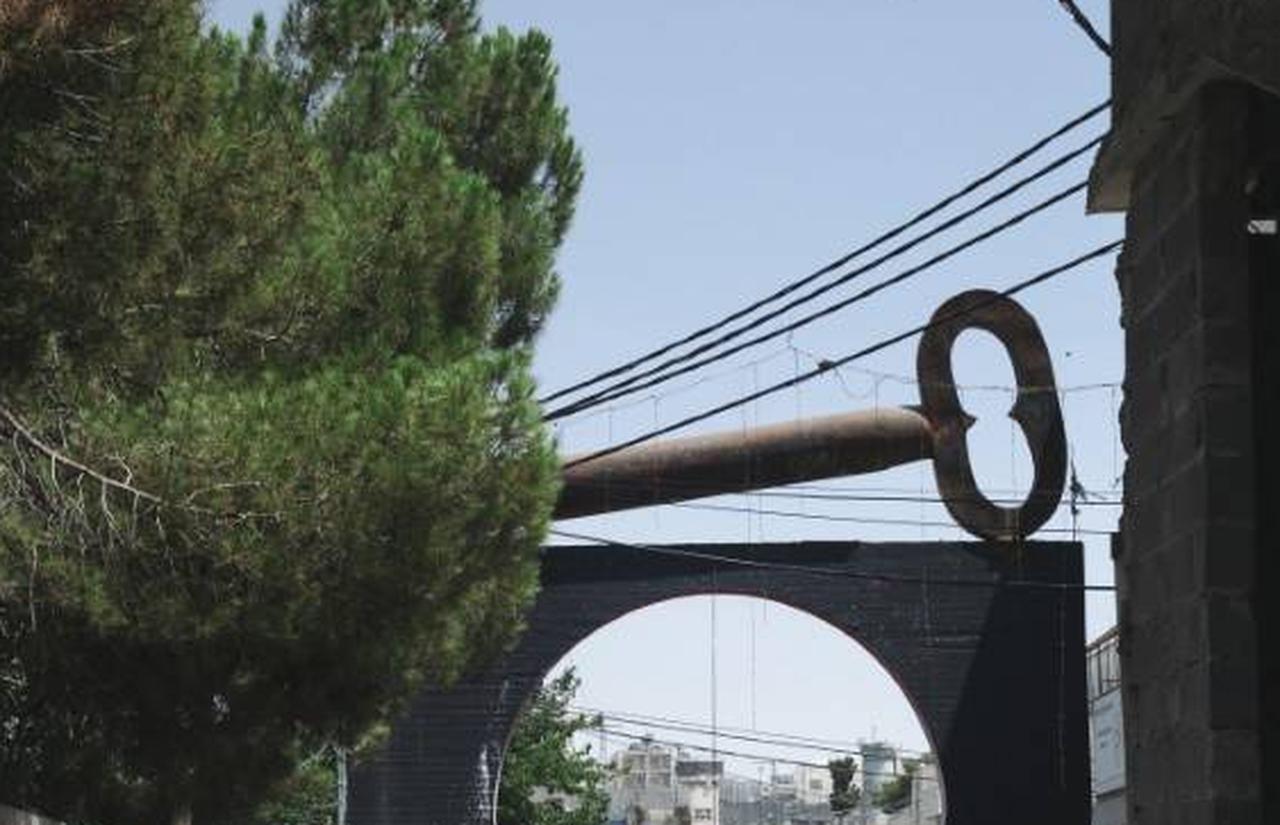
Israel’s Foreign Ministry sharply condemned Palestinian President Mahmoud Abbas for wearing a key-shaped lapel pin during his address to the United Nations General Assembly on Monday.
The ministry claimed in a post on X that the pin reflects what it described as “the dangerous duplicity in Mahmoud Abbas’ message,” describing it as “an unmistakable symbol of his goal of erasing Israel.”
The minister explained that Abbas’ “key” represents the old Palestine Liberation Organization (PLO) plan: "two states for one Palestinian people and the destruction of the Jewish State. This will not happen."
Israel’s Army Radio reported on the same day that senior security officials are recommending a series of sanctions against Abbas, his deputy Hussein al-Sheikh, and others. These sanctions are in response to the wave of Western countries recognizing a Palestinian state.
Israeli National Security Minister Itamar Ben Gvir stated that, had he been prime minister, he would have ordered the immediate arrest of Abbas.
In an interview with Israel 24, Ben Gvir, who leads the far-right “Jewish Power” party, said: “We take no action against the Palestinian Authority, while they act as they please.”
His remarks coincided with Prime Minister Benjamin Netanyahu’s renewed assertion that “there will be no Palestinian state,” along with his pledge to respond to recent recognition of Palestine following his return from the United States.

The Palestinian key is a central symbol of national identity and the right of return for refugees who were displaced during the 1948 Nakba.
Many refugees, especially in camps, keep their original house keys or photographs of themselves. The key represents more than a household tool; it symbolizes hope and the demand for the right to return under U.N. Resolution 194.
It embodies resilience and attachment to national identity despite decades of exile.
The key also appears in cultural and political events, as well as in Palestinian art and literature, highlighting its deep symbolic importance.

Abbas delivered his speech via video link on Monday at the U.N.’s Two-State Solution conference. That came after Washington reportedly refused to grant visas to Abbas and around 80 others. The rejection also included members of the PLO and Palestinian Authority officials, who had been scheduled to attend the General Assembly.
Media reports indicate that the U.S. State Department criticized Palestinian officials for their “efforts to secure unilateral recognition of a hypothetical Palestinian state.” Abbas is also scheduled to address the United Nations General Assembly on Thursday via video link.